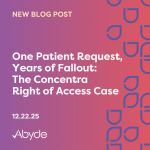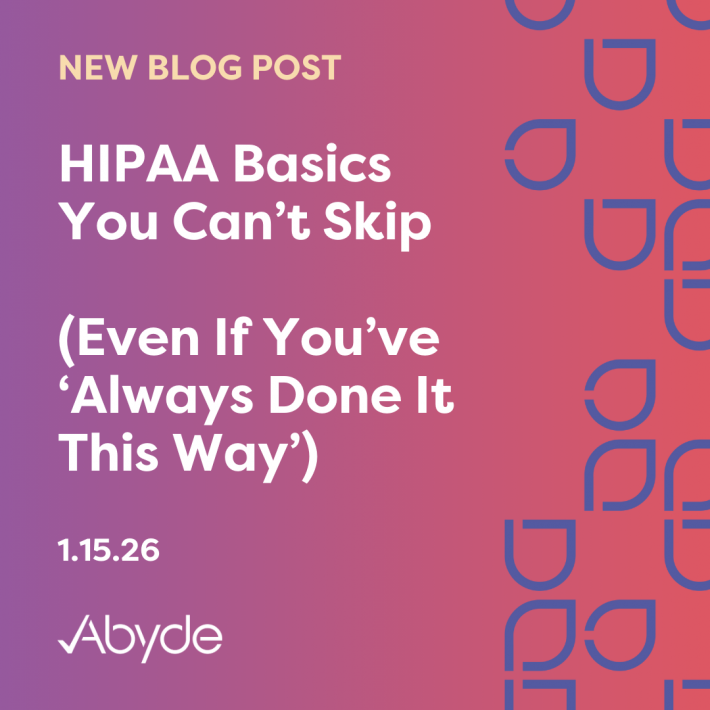July 11, 2022
Think you finally got the hang of telehealth? Don’t get too comfy just yet! The OCR recently released guidelines on how covered health care providers and health plans should utilize their remote communication technology to deliver audio-only telehealth services while also complying with HIPAA requirements.
Why is Telehealth important?
Let’s start at the beginning. Telehealth contributes to increasing a practice’s value and security by expanding access to health care across the nation and providing certain users who have difficulty using audio and video telehealth technologies. When systems are not properly secured, they pose risks to patient safety, health, and data. Cyberattacks and ransomware are extremely common in Telehealth and may quickly create issues that disclose medical information and other sensitive information. As a practice, it is critical and worthwhile to maintain excellent Telehealth especially now a days with the increased funding and resources the OCR has available.
OCR Director, Lisa J. Pino, states, “Audio telehealth is an important tool to reach patients in rural communities, individuals with disabilities, and others seeking the convenience of remote options. This guidance explains how the HIPAA Rules permit health care providers and plans to offer audio telehealth while protecting the privacy and security of individuals’ health information.”
With the OCR’s Telehealth Notification system possibly being taken down as early as July 15th, 2022, we recommend that practices stay alert and take every precaution by using your friendly, easy to use HIPAA-compliant software (hint Abyde) to assure full compliance today.
The first step in remaining alert is to follow the guidance issued by the OCR in response to the recent news that the Telehealth Notification system may be shut down. The guidance below specifies the conditions under which telehealth may be utilized.
The HHS is authorizing HIPAA-covered businesses to conduct telehealth and audio-only services using remote communication technology. However, these services must be provided in a private environment to the best of the entity’s abilities, and the individual’s identification must be verified.
Even though HIPAA does not apply to audio-only telehealth services delivered through electronic communication methods, when offering telehealth services through mobile devices or applications, practices may face HIPAA compliance issues. Therefore, practices should identify all potential risks and vulnerabilities to PHI confidentiality as part of the risk analysis process prior to the completion of the PHE.
Abyde will do anything possible to make sure you’re on top of your compliance game because the OCR may show up at any time! Allow us to guide you through these future changes – from our incredibly simple software to our readily available education, we will be your buddy in ensuring that you are prepared for any obstacles that show up at your door.





